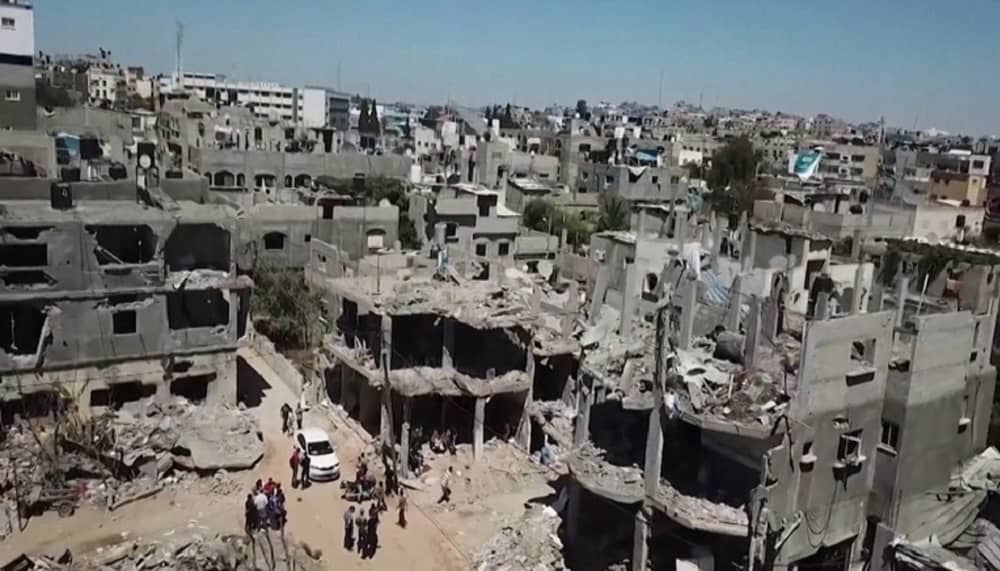
On October 10th, the Supreme Leader of Iran, Ali Khamenei, delivered a vehement denial of Iran’s involvement in the ongoing Middle Eastern conflict.
He stated, “They incorrectly attribute this move to Iran. They are mistaken. This is the work of the Palestinians themselves.” Yet, historical insights suggest the Iranian regime has long been at the core of regional conflict and strife.
Given Iran’s historical entanglement with global terrorism and the recent uprisings that have ignited inside its borders, Khamenei’s statement appears more as a defensive gesture than a genuine declaration of innocence. The intricate web of influences the regime exerts in the Middle East, often likened to an octopus with its tentacles stretching into various nations, cannot be understated.
Iran’s regime, rooted in medieval values, came to power after hijacking the 1979 revolution that many hoped would usher in democracy and societal evolution. The ambitious aspirations of the Iranian youth post-revolution, which could have turned Iran into a beacon of freedom in the Middle East, were thwarted by the then-leader, Ruhollah Khomeini.
#Media Spotlight: #Iranian Regime’s Officials Expose Their Role in Regional Crisishttps://t.co/gZ9vLLft0S
— NCRI-FAC (@iran_policy) October 11, 2023
Khomeini viewed progressive entities like the People’s Mojahedin of Iran (PMOI/MEK) as threats to his regime. Instead of fostering progress, he sought to leverage Iran’s post-revolutionary vigor in service of an Islamic caliphate. With Iraq as the prime target due to its Shiite majority and geopolitical significance, Khomeini’s provocations set the stage for the Iran-Iraq war, which he referred to as a “divine blessing.”
The machinations of Khomeini’s aggressive stances during the war have been laid bare by insiders like Mohammad Javad Mozaffar, who revealed Khomeini’s attempts to incite an uprising in Iraq months before the war began.
However, it wasn’t just Khomeini’s belligerence that made waves. His successor, Khamenei, continued in a similar vein. A recent disclosure by Issa Tabatabai, known as Khamenei’s envoy in Lebanon, admitted that Khomeini sanctioned the bombing of US Marines’ barracks in Beirut in 1983.
#MEK’s Impact on the Iran-Iraq Warhttps://t.co/DQC5tILQhe
— NCRI-FAC (@iran_policy) September 28, 2023
Khomeini’s vision of expanding Iranian borders via war is echoed in Khamenei’s statements on the necessity of external conflict to avoid internal dissent. As he puts it, by fighting in countries like Iraq, Syria, and Lebanon, they stave off confrontations within Iran’s own cities.
In the shadow of these revelations, Khamenei’s recent denial of involvement in the Middle Eastern conflict stands on shaky ground. Whether the current events are directly tied to Iran or not, the historical tapestry of the regime’s actions tells a tale of aggressive expansionism and suppression of democratic aspirations.

MEK Iran (follow us on Twitter and Facebook), Maryam Rajavi’s on her site, Twitter & Facebook, NCRI (Twitter & Facebook), and People’s Mojahedin Organization of Iran – MEK IRAN – YouTu
